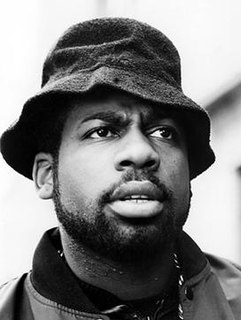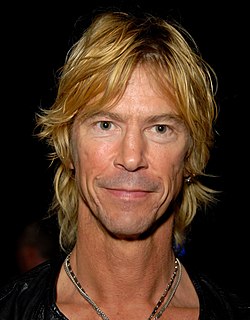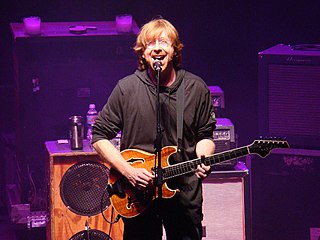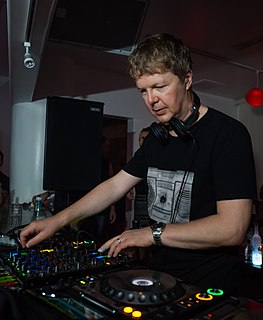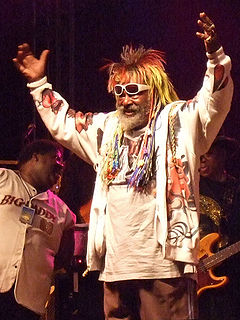A Quote by Jam Master Jay
I remember when I was coming up, the music stores where you could get guitar strings was where I got my records from. Now the place where you get your records from is where you can get your DJ mats and your mixers.
Related Quotes
I came out of UCB and, before that, punk rock, and the whole deal was you do it yourself. Get up and rent the space, get up and press your own records, get up and silkscreen your own tees, get it done yourself. That sort of self-reliance will only serve me. Any time I lose sight of that, my career suffers.
It was part of a financial situation. I could only afford records in thrift stores. Then you could find wonderful things, but now everything is a collectible. I like the recycling idea --using the stuff that people don't want anymore, and make new music out of it. There was an element of looking back and listening to your parents' records and doing something with that stuff. Sort of acknowledging the past while rejecting it at the same time.
Music is a spiritual expression of what's in your heart. Music as a way of getting rich is a pretty new thing, and I often wonder if the mega-bucks glitzy atmosphere is making the quality of music suffer. You have to work really hard to get around that and remember why you're in it in the first place: because you have to be. It's like an addiction. You can't go a day without picking up your guitar. To me, the only commercial goals that are really valid are, 'Boy, I wish I didn't have to go to work. I wish I could do this all the time.'
My wife says, and I agree with her, that what would be really great for Maine would be to legalize dope completely and set up dope stores the way that there are state-run liquor stores. You could get your Acapulco gold or your whatever it happened to be - your Augusta gold or your Bangor gold. And people would come from all the other states to buy it, and there could be a state tax on it. Then everybody in Maine could have a Cadillac.
Sam [Phillips] wanted I Walk The Line up - you know, up-tempo. And I put paper in the strings of my guitar to get that (vocalizing) sound, and with the bass and the lead guitar, there it was. Bare and stark, that song was when it was released. And I heard it on the radio and I really didn't like it, and I called Sam Phillips and asked him please not to send out any more records of that song.
My music has always been sort of in between categories. Sometimes record stores - back when there were record stores - they'd put my records in the country music section, but other record stores would put my records in the pop or even the rock section. As long as it's in the store somewhere, I'm OK with it.
My music has always been sort of in-between categories. Sometimes record stores - back when there were record stores - they'd put my records in the country music section, but other record stores would put my records in the pop or even the rock section. As long as it's in the store somewhere, I'm OK with it.
